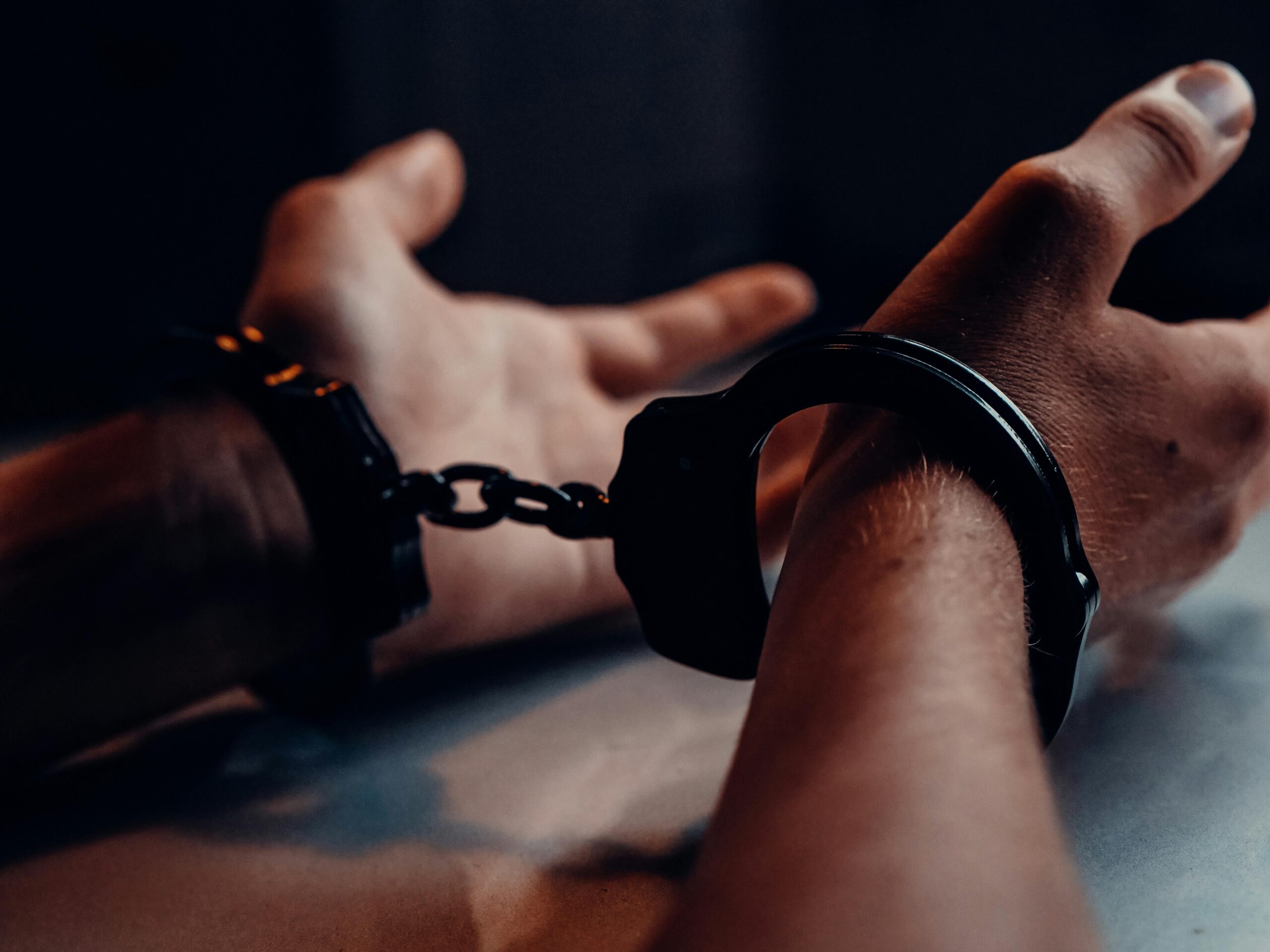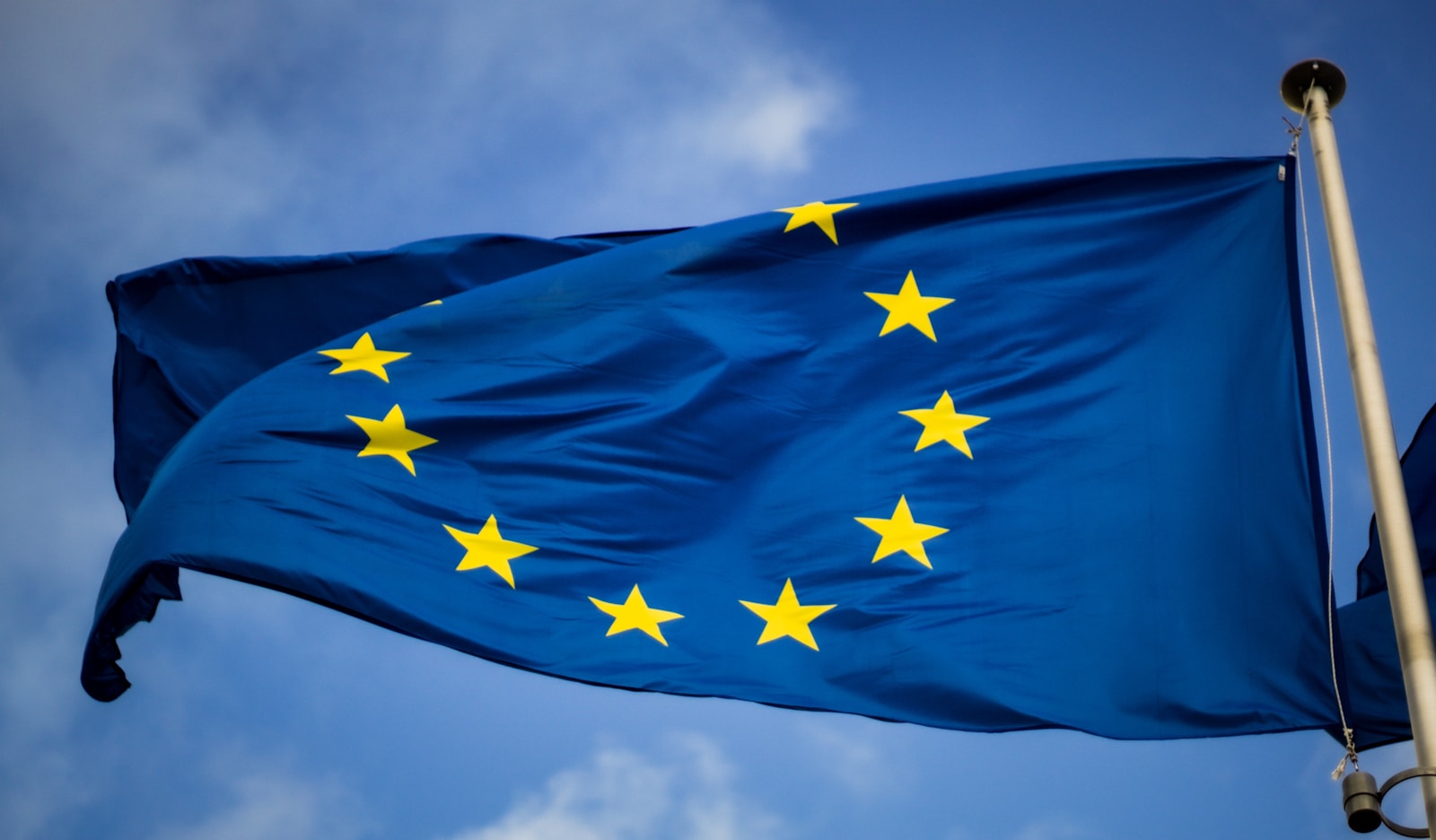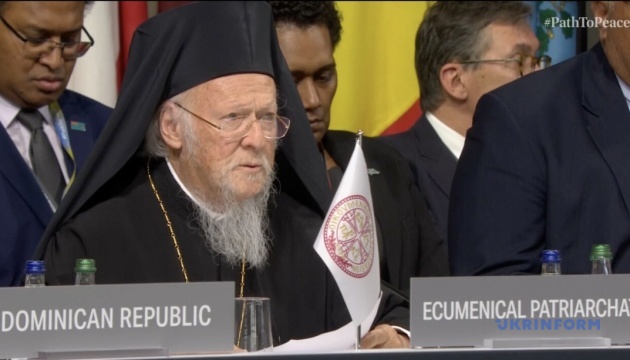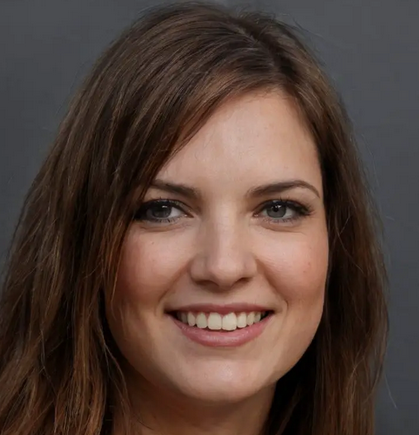Politics
Announcement of the Synod of Bishops of the Serbian Orthodox Church for Kosovo and Metohija
From: Council of Bishops of SOC / 05.20.2023
This year’s regular meeting of the Holy Council of Bishops of the Serbian Orthodox Church paid special attention to the people and the Church in Kosovo and Metohija.
In the past year, dozens of attacks against people, shrines, homes and property of Serbs in Kosovo and Metohija have been registered. The events led to a peaceful but determined protest by the Serbs from the Serbian municipalities in northern Kosovo and Metohija to urge the Kosovo institutions to establish a Union of Serbian Municipalities, in accordance with the agreements already reached and signed with Pristina, under the mediation of the European Union in Brussels, in 2013. and 2015
The Serbian Orthodox Church has always taken the position that all problems in Kosovo and Metohija should be solved peacefully and through dialogue, and that there should always be peaceful coexistence of Serbs, Albanians and all other peoples living in this area. At the meetings of the Holy Synod of Bishops of all past years, our Church has clearly and unequivocally indicated, as it indicated at this year’s session, that the acceptance of the self-proclaimed independence of Kosovo and Metohija directly or indirectly, de facto or de jure, would be contrary to international law based on the UN Charter and other acts and principles of general importance. Such a decision does not have the support of either the UN Security Council or the majority of countries in the world, including five countries from the European Union. It would inevitably lead to a more massive exodus among the Serbian population, would fail the attempts for peaceful coexistence of all, regardless of ethnic origin and faith, as well as the very survival of our people in its centuries-old hearths. Therefore, solutions should be sought only in accordance with principles and rules that are valid for all.
Proof of this is the recent aggressive actions of the authorities in Pristina, directed against the Serbian community and our holy church, which have led to the lowest possible level of relations since 1999. And also adopted decisions that deeply divide the citizens of Kosovo and Metohija, cause unprecedented inter-ethnic tension and regional instability and, in the long run, make life difficult for our people and our Church. It is clear that the goal of the Kosovo institutions is to create an ethnic Albanian Kosovo in which the free and normal life of the Serbs is thwarted.
In this regard, the Church condemns all attacks against the Serbian people, their sanctuaries and property, and especially terrorist armed attacks against individual ethnic Serbs, including children, as well as the existence of secret lists on the basis of which Serbs, even former members of the Kosovo Police. It also condemns the illegal confiscation of land owned by Serbs in order to exert additional pressure to force them to emigrate. The Assembly demands that the perpetrators of these crimes be brought to justice, and that all victims be protected.
The Serbian Orthodox Church is in a particularly difficult situation. This is also confirmed in the statements of international officials and respected institutions that deal with the protection of religious rights and freedoms. Besides the series of attacks against our temples, which hinder the normal process of reconstruction of dozens of our sanctuaries, damaged or destroyed mostly in the period 1999-2004, the life of our monasteries and parishes is very difficult. In many ways, the Albanian authorities in Kosovo have begun to change or reinterpret the previous laws, which included guarantees for the protection of property and economic rights, and which enabled the independence and sustainability of our monasteries. The highest Albanian officials, as a rule, do not accept the real and official name of our church, confirmed by the Kosovo law, nor the provided guarantees. All this threatens to turn into new repressive measures that will further threaten the spiritual mission of the church and the preservation of the identity of the Serbian people in Kosovo and Metohija.
Therefore, the Holy Synod of Bishops especially emphasizes the need to pay the greatest attention to the following issues in Kosovo and Metohija: preserving the identity and church organization of the Serbian Orthodox Church in Kosovo and Metohija, preventing historical revisionism, protecting the property of our Church, creation of conditions for the return of confiscated property, preservation of the conditions that allow the normal functioning of our monasteries and the Rashko-Prizren Diocese as a whole. Currently, many monasteries, churches and families are not economically viable and can survive only with the help of the Serbian Orthodox Church, as well as through donations and with the development of agricultural and other activities that financially ensure the life of our sanctuaries and theology in Prizren.
It is especially emphasized that our church in Kosovo and Metohija needs very active international protection from the discriminatory behavior of Kosovo institutions, stronger guarantees and effective supervision are needed to prevent abuses and arbitrary interpretations of laws in judicial acts, of the circumvention or complete non-observance of the law, which is at the expense of our Church.
The Serbian Orthodox Church has for centuries been the main pillar for our people in Kosovo and Metohija and a major factor in its unity, survival and preservation of national, spiritual and cultural identity. Without the special protection of the Church, the survival of our people would not be possible. That is why the concern for the rights of the Serbian people in Kosovo and Metohija is inseparable from the concern for the protection of the basic rights and needs of the Serbian Orthodox Church, which has been living in extremely difficult conditions for twenty-four years, exposed to attacks and various forms of violations of the basic religious, property, civil and human rights.
Supporting dialogue and peaceful resolution of all issues in Kosovo and Metohija, the Serbian Orthodox Church wants to make its own contribution to the development of inter-ethnic relations and cooperation with other churches and religious communities, and actively participate in creating conditions for a free and safe life of Serbs and Albanians, as well as all religious and national communities in Kosovo and Metohija and everywhere in the world.
Reiterating its position that it is against any exclusion of Kosovo and Metohija from Serbia, the Assembly calls on both Albanians and Serbs to resolve their difficulties in the spirit of tolerance and mutual respect. Since it was God’s will for both peoples to share Kosovo and Metohija, and especially the Albanians who are the majority, they should do everything to achieve maximum mutual tolerance and mutual respect in order to create a normal and better life for every citizen of Kosovo and Metohija. All relationship problems can and should be resolved through dialogue.
Sincerely convinced that the coexistence of Serbs and Albanians in Kosovo is not only possible, but also necessary, because God has directed us to each other, we pray to God that peace prevails in Kosovo and Metohija and that a normal life is established with all who live there.
Source: Official Facebook page of Serbian Patriarch Porfiry
https://m.facebook.com/story.php?story_fbid=pfbid02BMhbdtpToc7m5UoiZDkvnhXDBiRCX76cGq2edPqjJLb5ct4RrkDvTDMM91wv8RVWl&id=100071758814705&sfnsn=mo
Politics
The leader of the independence protests in New Caledonia arrested

Police in New Caledonia have arrested the leader of the country’s independence protest, Reuters reports. Christian Thane was detained before giving a press conference. Apart from Thane, seven other people have been arrested.
Thane led a branch of the Caledonian Union, which organized barricades in the capital Noumea that disrupted traffic, movement and food supplies. He was among the pro-independence political figures who met French President Emmanuel Macron during his visit to New Caledonia.
Nine people died, including two policemen, in the unrest that gripped New Caledonia last month after France proposed electoral reforms allowing thousands of French residents who have lived in the French Pacific territory for more than 10 years to vote.
Local Kanaks fear this will dilute the vote and make it more difficult to hold a future independence referendum. According to Paris, the measure is necessary to improve democracy.
Macron announced last week that he was suspending electoral reform. Pro-independence groups for New Caledonia want it to be fully withdrawn before dialogue on the island’s political future can begin again.
New Caledonia’s international airport reopened this week, although a curfew is still in place and several thousand French police reinforcements remain.
Illustrative Photo by Kindel Media: https://www.pexels.com/photo/a-person-s-hands-on-the-table-wearing-handcuffs-7773260/
Politics
Enlargement: how do countries join the EU?

EU enlargement is a way to foster peace and stability in Europe, increase prosperity for Europeans and create opportunities for companies.
Countries preparing to join benefit from closer ties with the EU, stronger support for fundamental rights as well as from funding and expertise from the EU to make the process easier.
In December 2023, EU leaders announced that the EU would recognise Georgia as a candidate country and would start accession talks with Ukraine and Moldova. The accession talks with Ukraine and Moldova formally started on 25 June 2024. In March 2024, EU leaders also agreed to launch accession talks with Bosnia and Herzegovina.
Which countries want to join the EU?
The EU has recognised Albania, Bosnia and Herzegovina, Georgia, Moldova, Montenegro, North Macedonia, Serbia, Ukraine and Türkiye as candidate countries for EU membership, though accession negotiations with Türkiye have been frozen since 2018. This is something MEPs had called for on various occasions due to concerns over the situation in Türkiye, including the rule of law and media freedom.
Kosovo is a potential candidate country.
Who can join the EU? What are the requirements for EU membership?
In order to apply for EU membership, a country has to be European and respect the EU’s democratic values. It also needs stable institutions guaranteeing democracy and the rule of law; a functioning market economy; and the ability to take on and carry out the obligations of EU membership.
What support do candidate countries and potential candidate countries benefit from?
Candidate countries and potential candidate countries benefit from EU funding, detailed policy advice, as well as Association Agreements, giving far-reaching access to the EU’s internal market.
How does the enlargement process work?
A country can become an official candidate once it meets basic political, economic and reform criteria. It can then start formal negotiations on 35 chapters covering many different policy areas with the EU.
Once negotiations and reforms have been completed, an accession treaty is finalised, which needs to be ratified by all existing EU member states and the country itself before the country can join the EU.
What is the history of EU enlargement?
The EU started in 1952 as the European Communities with six founding members: Belgium, France, Germany, Italy, Luxembourg, and Netherlands. The first enlargement took part in 1973 when Denmark, Ireland and the UK joined.
In the 1980s, Greece joined in 1981, followed by Spain and Portugal five years later after emerging from dictatorships in the 1970s. In 1985 Greenland, which is an autonomous part of Denmark with a local government responsible for judicial affairs, policing and natural resources, became the first territory to leave the EU.
The fall of the Berlin Wall and the subsequent collapse of the Soviet Union changed everything again. In 1995 Austria, Finland and Sweden joined the EU. This was followed by two waves of Central and Eastern European countries joining. The Czech Republic, Estonia, Hungary, Latvia, Lithuania, Poland, Slovakia, and Slovenia as well as Cyprus and Malta joined in 2004. In 2007, it was the turn of Bulgaria and Romania.
Croatia became the most recent country to join the EU in 2013. Meanwhile, the UK left the EU in 2020.
What is the current situation for EU enlargement?
Russia’s full-scale invasion of Ukraine in 2022 led to Georgia, Moldova and Ukraine submitting applications for EU membership. The EU formally launched accession talks with Moldova and Ukraine in June 2024, while Georgia was recognised as a candidate country in December 2023.
The EU is also keen to give Western Balkan countries, who have been part of the enlargement process for a long time, a clear path to membership to help stabilise the region and promote fundamental reforms and good neighbourly relations.
What is the role of the Parliament?
MEPs debate and vote on annual progress reports for each country, which is an opportunity to identify areas of concerns.
The Parliament’s approval is also required before a country can join the EU.
Parliament has remained supportive of the enlargement process. President Roberta Metsola called it the EU’s strongest geopolitical tool in a speech to the European Council in October 2023. “That is why the European Parliament had called for Ukraine and Moldova to receive EU candidate status,” she said. “This status gives a clear European perspective to these nations and serves as a powerful impetus for advancing democratic reforms. A quick look back at the last 20 years can illustrate the transformative power of enlargement. That is why we want to go the next step by the end of the year if those countries are ready.”
On various occasions Parliament called for the EU’s doors to be opened to Ukraine and Moldova. In July 2022 MEPs welcomed the Council decision to start the accession process with the two countries.
Parliament continues to support the accession of the Western Balkans countries to the EU. In a resolution adopted in June 2020, MEPs call on the EU to do more to make the enlargement process for these countries a success.
In a resolution adopted in December 2023, Parliament called on the EU to open accession talks with Moldova and Ukraine as well as with Bosnia and Herzegovina, provided the country takes certain reform steps. MEPs also called for a clear timetable to conclude negotiations by the end of this decade and for Georgia to be recognised as a candidate country.
Source: European Commission
Politics
Patriarch Bartholomew: To remain silent in the face of the cruelty of war is shameful!

“War is always destructive. To remain silent in the face of the cruelty of war is shameful! It is our duty and mission to protect and promote peace. “Blessed are the peacemakers” (Matt. 5:9). With these words, His Holiness the Ecumenical Patriarch Bartholomew began his short address to the International Summit for Peace in Ukraine, which was attended by leaders and representatives of about one hundred countries and international organizations, and which took place on June 15-16, 2024, in the Bürgenstock resort , Switzerland.
The Patriarch emphasized the importance and value of dialogue, which, in his words, is the driving force of this conference.
Regarding the granting of autocephaly to the Orthodox Church of Ukraine, he emphasized that the Ecumenical Patriarchate responded to the “pastoral needs of the Orthodox believers in Ukraine”: “On January 5, 2019, in response to the pastoral needs of the Orthodox believers in Ukraine, the Ecumenical Patriarchate decreed the Orthodox Church of Ukraine as an autocephalous or self-governing ecclesiastical entity independent of the Moscow Patriarchate. And we did this despite all the difficulties and at any cost, because we firmly believe that Orthodox Christians in Ukraine deserve their own church voice. We are all here to support a just and lasting peace in a sovereign Ukraine. May God rest in peace all those who tragically lost their lives and give strength to all those who defend the peace.”
According to a press release, during the summit the Ecumenical Patriarch had the opportunity to meet and talk with the presidents of Ukraine Volodymyr Zelensky, France Emmanuel Macron and Georgia Salome Zourabishvili, with the Prime Minister of Greece Kyriakos Mitsotakis, the Vatican Secretary of State Monsignor Petro Parolin, with Hakan Fidan, Minister of Foreign Affairs of Turkey, and others.
An interesting detail of the picture of the meeting is the attempt to create a “problem” around the participation of the Ecumenical Patriarch, who attended the meeting as a representative of Turkey, but with the flag of the Patriarchate. Turkey was represented by its foreign minister, Hakan Fidan, and by Patriarch Bartholomew. Highlighting the coverage of the “church participation” in the meeting in the pro-Russian media was the status of the patriarch, who participated with the title of Ecumenical Patriarch. In Turkey, however, his status is recognized only as “Greek Patriarch of Fener”. The presence of his signature as “Ecumenical Patriarch” under the general declaration led the Turkish authorities to emphasize again that they do not recognize Patriarch Bartholomew such a title and role in world Orthodoxy that was inherited from the Byzantine Empire, and he is only the head of the “Greek religious minority ” in the country and can only represent him. The Turkish foreign minister also denied having an official personal meeting with the patriarch within the framework of the conference. This position particularly impresses the Russian policy aimed at compromising and belittling the role of the Ecumenical Patriarchate at all levels and on all occasions.
Turkish media also noted that the Vatican, which attended with observer status through its secretary of state, did not sign the joint declaration signed by Turkey. South Africa, Saudi Arabia, India, South Africa, Thailand, Indonesia, Mexico and the UAE did not sign the declaration. To date, the declaration has been signed by seventy-nine countries and six international organizations.
-

 EU & the World5 days ago
EU & the World5 days ago‘HSM’ Alum Bart Johnson Defends Sister-In-Law Blake Lively Amid Online Backlash
-

 Sports2 days ago
Sports2 days agoMercedes celebrates Monza: “Goosebumps.”
-

 Politics6 days ago
Politics6 days agoEU Intensifies Pressure: Six-Month Extension of Russia Sanctions
-

 Health & Society5 days ago
Health & Society5 days ago7 Superfoods That Will Boost Your Fitness Results
-

 Sports5 days ago
Sports5 days agoFiorentina miracle: nine qualify for the Conference League rounds
-
Travel4 days ago
Venice 2024 review: ‘Babygirl’ – Nicole Kidman shines in sex-positive BDSM drama
-

 Sports1 day ago
Sports1 day agoCharles Leclerc at Monza outperformed even Michael Schumacher.
-

 Health & Society4 days ago
Health & Society4 days agoMarathon of documentaries on Drug Prevention for International Day Against Drugs









